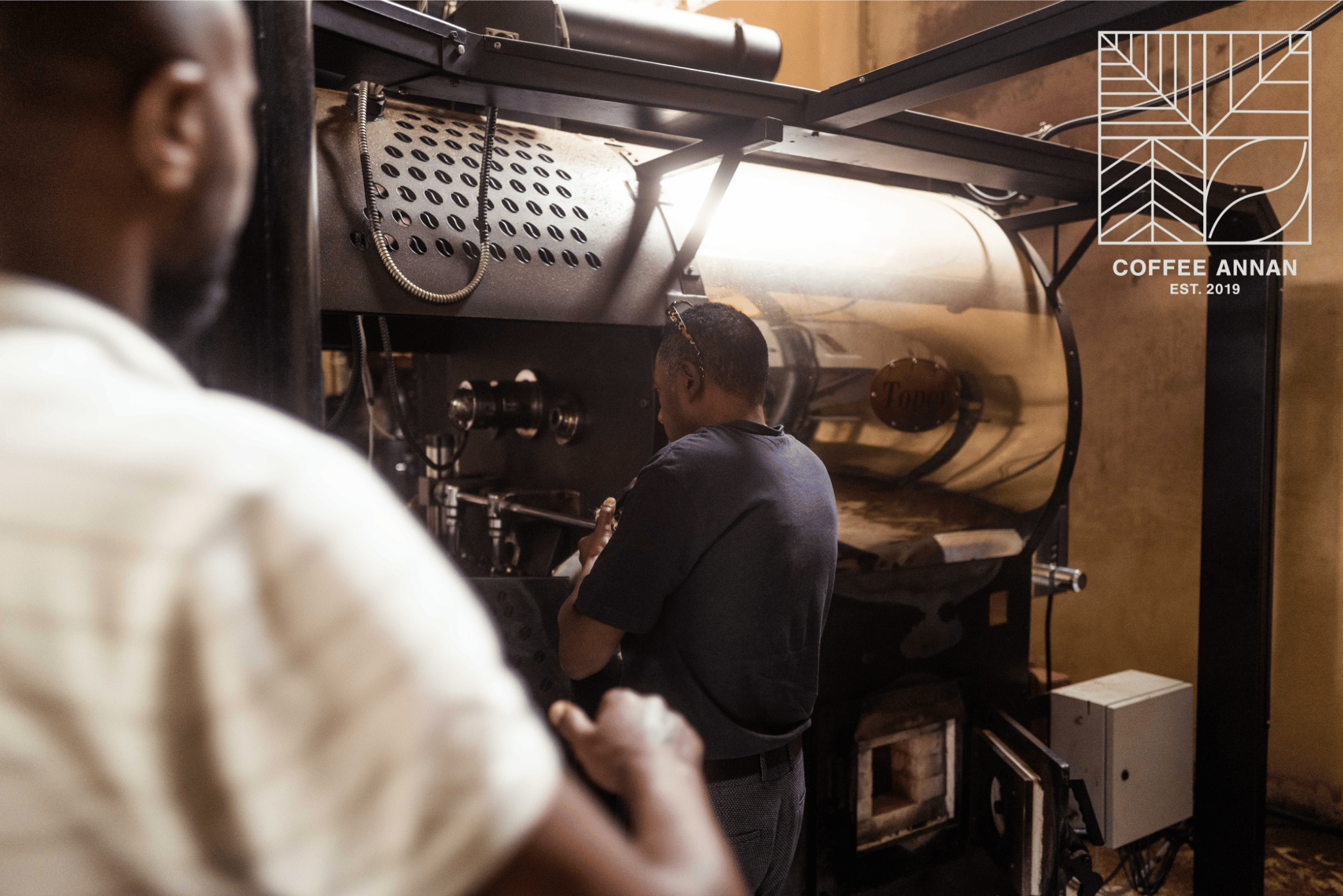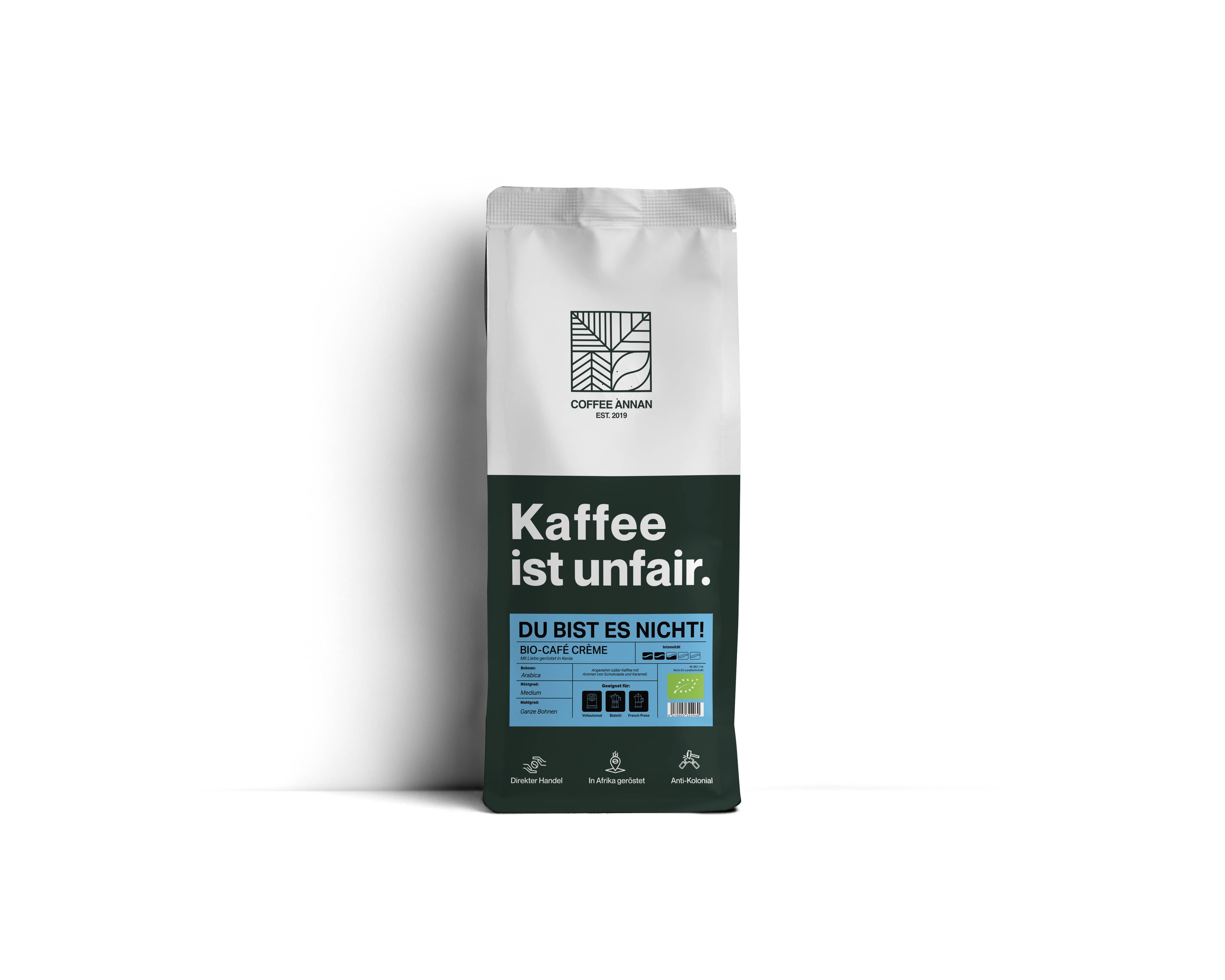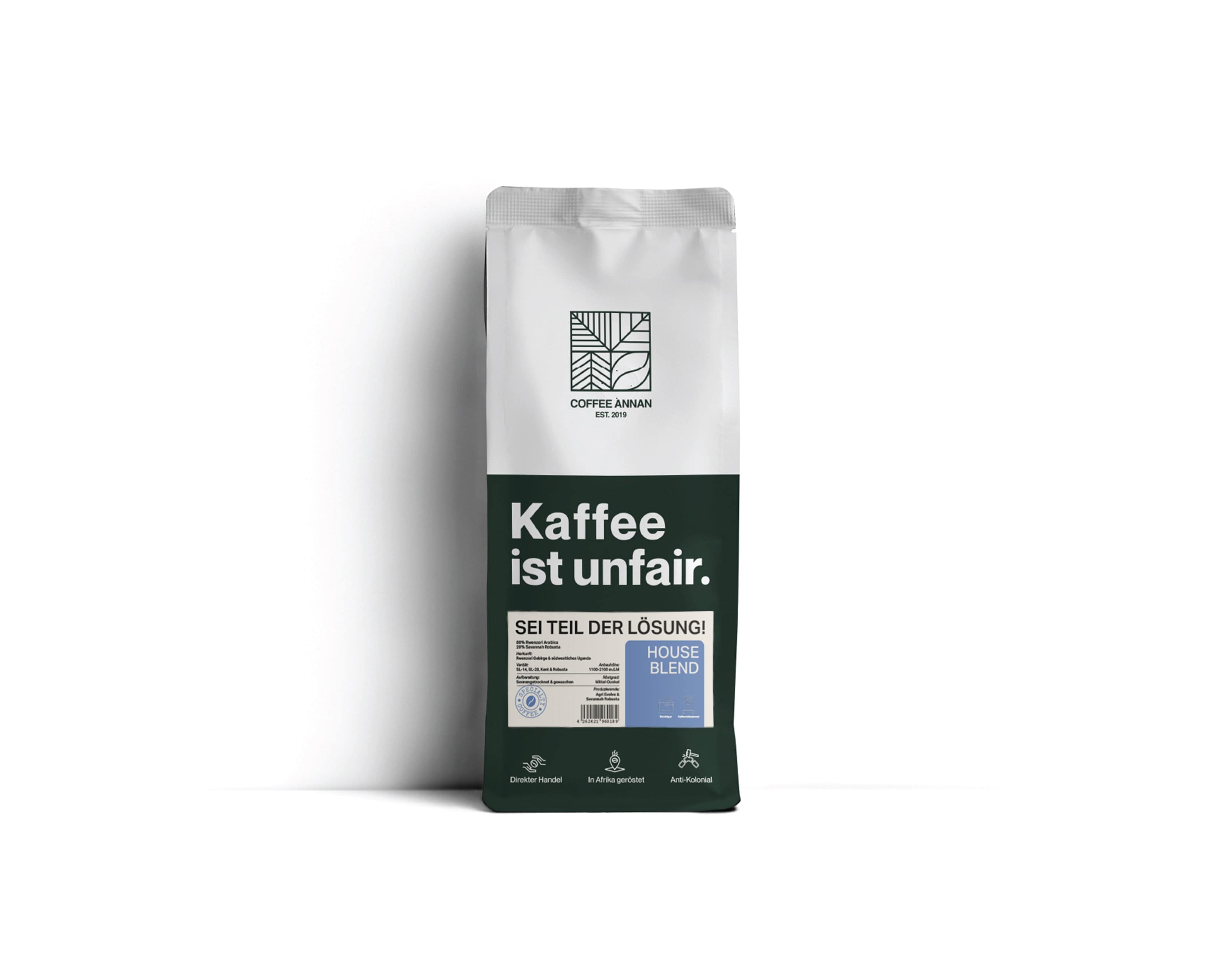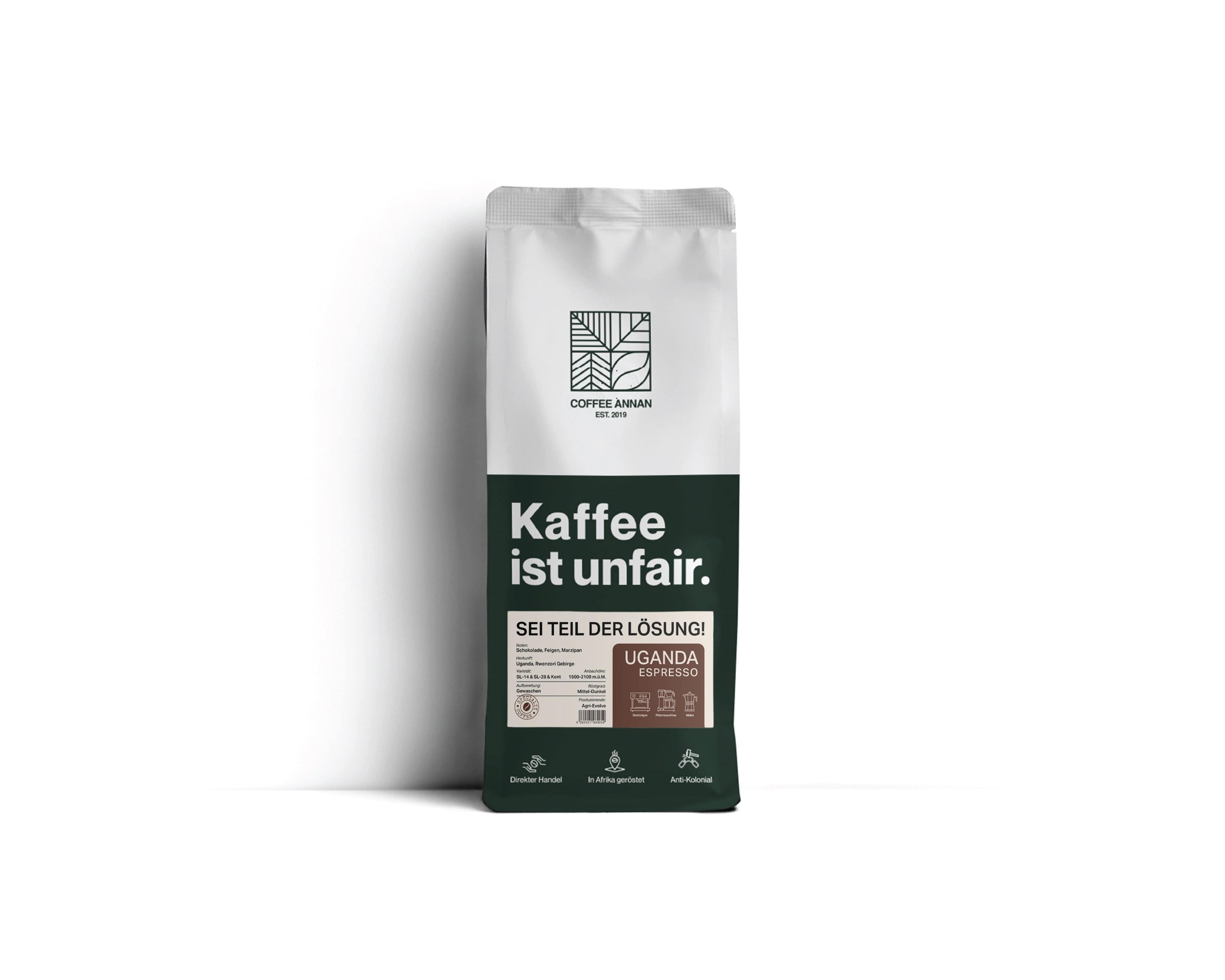The history of specialty coffee dates back to the 1970s when the first specialty coffee shops started to appear in the United States. Since then, the specialty coffee industry has grown and evolved, becoming a major player in the global coffee market.
In this article, we will explore the future of specialty coffee and its potential for global expansion. We will examine the current state of the specialty coffee industry, the factors driving its growth and development, and the opportunities and challenges for further growth and expansion. By understanding the future of specialty coffee, we can better appreciate its impact on the global economy, culture, and environment.
The current state of the specialty coffee industry
Specialty coffee has become increasingly popular in recent years, with many consumers now seeking out high-quality coffee that is ethically sourced and carefully crafted. According to the National Coffee Association of the USA, about 62% of coffee drinkers in the United States prefer specialty coffee, up from just 37% in 1999. This growing demand for specialty coffee has been driven by a greater appreciation for the taste and quality of premium coffee, as well as a growing awareness of the impact of coffee production on the environment and local communities.
The specialty coffee market has experienced significant growth in recent years, with a compound annual growth rate (CAGR) of over 6% between 2016 and 2022. The market is expected to continue growing, with a projected CAGR of 6.7% between 2022 and 2027. The growth of the specialty coffee market has been driven by a number of factors, including the increasing popularity of premium coffee, the rise of coffee shops and cafes, and the growing awareness of the benefits of specialty coffee.
The specialty coffee market is highly competitive, with many companies vying for a share of the market. While competition can be a good thing for consumers, as it drives innovation and quality, it also creates challenges for specialty coffee businesses. These challenges include maintaining profitability, managing costs, and ensuring consistency and quality across multiple locations. In addition, the specialty coffee industry is facing increasing pressure to address environmental and sustainability concerns, such as the impact of coffee production on local ecosystems and the use of fair trade practices. To succeed in the specialty coffee market, companies must be able to navigate these challenges and continue to innovate and evolve to meet the changing needs and expectations of consumers.
The factors driving the future of specialty coffee
One of the main drivers of the future of specialty coffee is the growing demand for high-quality coffee. As consumers become more discerning and knowledgeable about coffee, they are seeking out premium coffee that is carefully crafted and ethically sourced. This trend is particularly pronounced among younger consumers, who are more likely to seek out unique and high-quality coffee experiences. In response to this growing demand, many specialty coffee companies are expanding their product offerings, including new and innovative coffee blends, as well as a growing range of coffee-related products and accessories.
Another factor driving the future of specialty coffee is technological advancements and innovation. Advances in coffee production and processing, as well as the development of new and innovative coffee brewing technologies, are enabling companies to create high-quality coffee that is both more consistent and more sustainable. In addition, technology is playing a growing role in the specialty coffee industry, with companies using data and analytics to better understand consumer preferences, optimize their operations, and improve the customer experience.
The specialty coffee industry is also being driven by a growing focus on sustainability and environmental impact. As consumers become more aware of the impact of coffee production on the environment and local communities, they are increasingly seeking out coffee that is produced in a sustainable and environmentally friendly manner. This trend has led many specialty coffee companies to adopt sustainable practices, such as using renewable energy sources, reducing waste, and promoting fair trade and ethical sourcing. These efforts are helping to ensure the future of specialty coffee, both by addressing environmental and sustainability concerns and by differentiating the industry from its competition.

Opportunities for global expansion
There are significant opportunities for global expansion in the specialty coffee industry, particularly in emerging markets and new territories. As the popularity of specialty coffee continues to grow, many companies are seeking out new markets and customers, both within their home countries and abroad. This includes expanding into new regions, such as Asia and South America, where there is a growing demand for high-quality coffee. By tapping into these new markets, companies can leverage the growing popularity of specialty coffee to drive growth and increase their customer base.
In addition to expanding into new markets and territories, there are also opportunities for partnerships and collaborations in the specialty coffee industry. This includes partnerships with suppliers, distributors, and retailers, as well as collaborations with other specialty coffee companies. These partnerships and collaborations can help companies to expand their reach, increase their customer base, and enhance their competitiveness in the market. By leveraging the expertise and resources of their partners, companies can more effectively reach new customers and increase their market share.
The potential challenges and limitations to global expansion
Despite the opportunities for global expansion in the specialty coffee industry, there are also potential challenges and limitations. One of the biggest challenges is competition and saturation in certain markets. As the popularity of specialty coffee continues to grow, many new players are entering the market, creating increased competition for established companies. In addition, some markets may already be saturated, with many specialty coffee shops and companies already operating in the area. To succeed in these competitive and saturated markets, companies will need to differentiate themselves from their competition and offer unique and high-quality products and experiences.
Another potential challenge to global expansion is sustainability and environmental concerns. As consumers become more conscious of the environmental impact of coffee production, they may be less likely to purchase coffee that is not produced in a sustainable and environmentally friendly manner. This trend is particularly pronounced in developed countries, where consumers are more likely to be concerned about environmental issues. To address this challenge, companies will need to focus on sustainable and environmentally responsible coffee production methods and practices.
Finally, cultural differences and local preferences can also present challenges to global expansion. Different regions and countries may have unique tastes and preferences for coffee, which can impact the success of specialty coffee products in those markets. To succeed in these markets, companies will need to understand local tastes and preferences and tailor their products and experiences accordingly. This may involve developing unique coffee blends, adapting packaging and marketing materials, and adjusting coffee brewing methods to suit local tastes and preferences.
Conclusion
In this article, we discussed the future of specialty coffee and its potential for global expansion. We covered the current state of the specialty coffee industry, including its popularity and growth, market size and trends, and competition and challenges. We also explored the factors driving the future of specialty coffee, including consumer demand for high-quality coffee, technological advancements and innovation and sustainability efforts and environmental impact. Finally, we looked at the opportunities for global expansion, including emerging markets and new territories, growing interest in specialty coffee in developing countries, and opportunities for partnerships and collaborations. However, we also discussed the potential challenges and limitations to global expansion, such as competition and saturation in certain markets, sustainability and environmental concerns, and cultural differences and local preferences.
In conclusion, the future of specialty coffee looks bright, with many opportunities for growth and expansion. Companies that can effectively navigate the challenges and limitations to global expansion, such as competition and saturation in certain markets, will be best positioned to capitalize on these opportunities and drive growth. Consumers are becoming increasingly interested in high-quality coffee, and companies that can provide sustainable, environmentally friendly, and high-quality products will be well-positioned to succeed in the market.
For consumers, industry leaders, and stakeholders looking to make a positive impact in the specialty coffee industry, we recommend considering coffee from companies that prioritize sustainability and environmental responsibility. By choosing coffee from companies that care about the environment and the communities they operate in, you can help drive positive change in the industry and make a positive impact on the world.
We enable your company to have access to better coffee. Without paying more, you buy world-class coffee directly from the producers. Become a more caring and sustainable company with the right coffee. If you're interested in trying out our specialty coffee for your office, book a call or get a sample. We are happy to provide you with a free sample and consultation. Thank you for reading!












